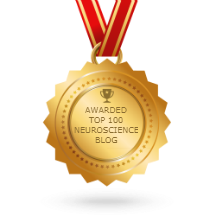-
4
Apr
Riesenhuber Lab, Department of Neuroscience, Georgetown University, Washington, DC.
An opening for a postdoctoral fellow, starting immediately, is available to participate in a research project studying the neural mechanisms underlying “fast” object recognition using high-density EEG, focusing on attentional requirements and interference between recognition tasks (e.g., under dual-task conditions), as part of a larger collaborative project aiming to develop a real-time neurally-based target detection system combining machine and biological vision.
A strong quantitative background and experience in neural data analysis are required. Experience with EEG and psychophysics is a strong plus, as is training in biological and/or machine vision. Experience with Mac OS X, MATLAB, and C++ preferred.
The lab investigates the computational mechanisms underlying human object recognition as a gateway to understanding information processing and learning in cortex. In our work, we combine computational modeling with psychophysical, fMRI and most recently EEG data from our own lab and collaborators, as well as with single unit data obtained in collaboration with physiology labs. For more information, see http://maxlab.neuro.georgetown.edu.
The position is for one year, with the option to renew for two additional years, given satisfactory performance and available funding. Salary is competitive. Candidates should be US citizens or permanent residents.
Interested candidates should send a CV, a brief (1 page) statement of research interests, representative reprints, and the names and contact information of three references by email to Maximilian Riesenhuber (mr287@georgetown.edu). Review of applications will begin immediately, and will continue until the position is filled. Informal inquiries are welcome.
- Published by Dimitrios A. Adamos in: Jobs
- RSS feed subscription!

 Neurobot via RSS
Neurobot via RSS
